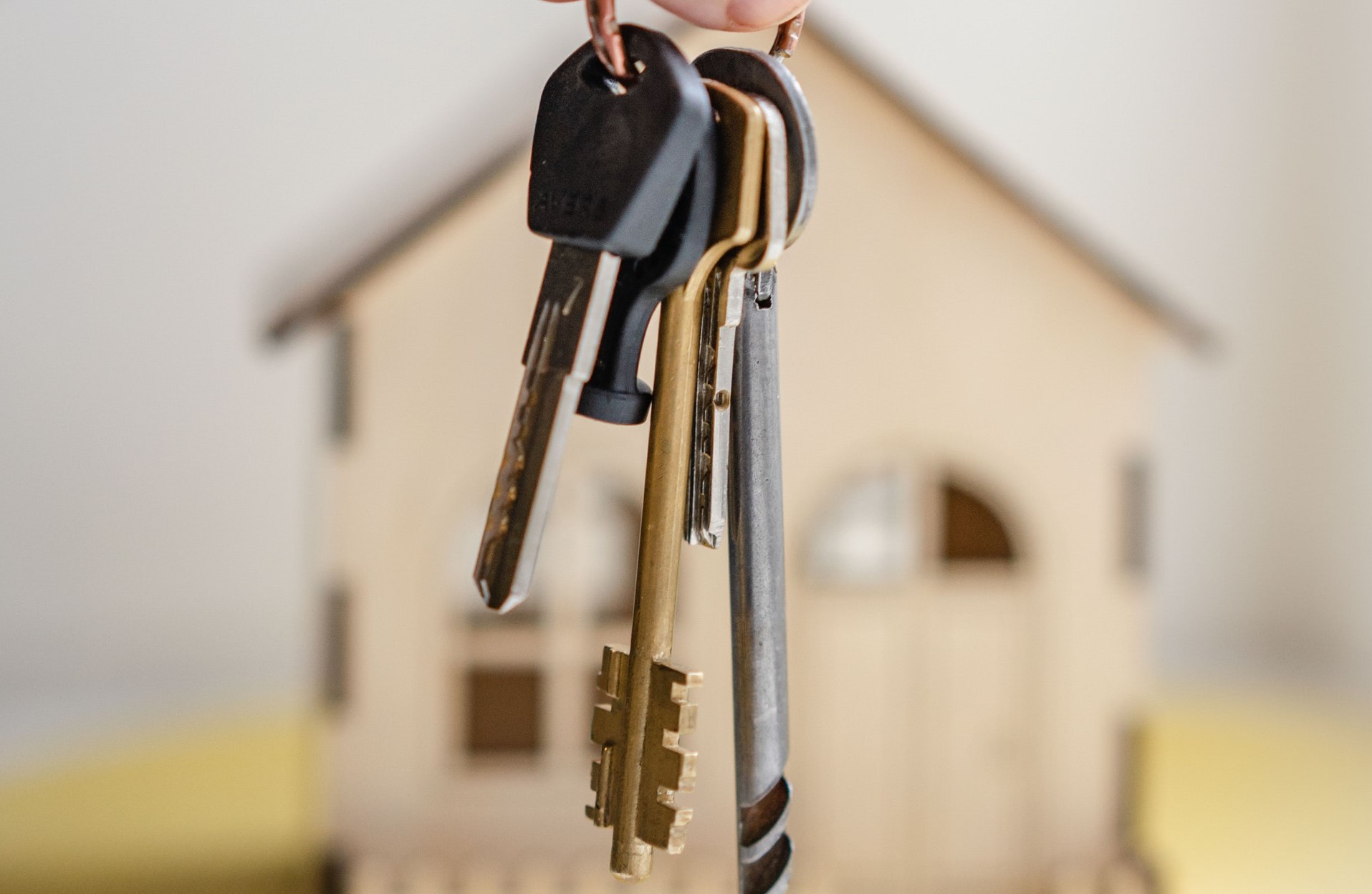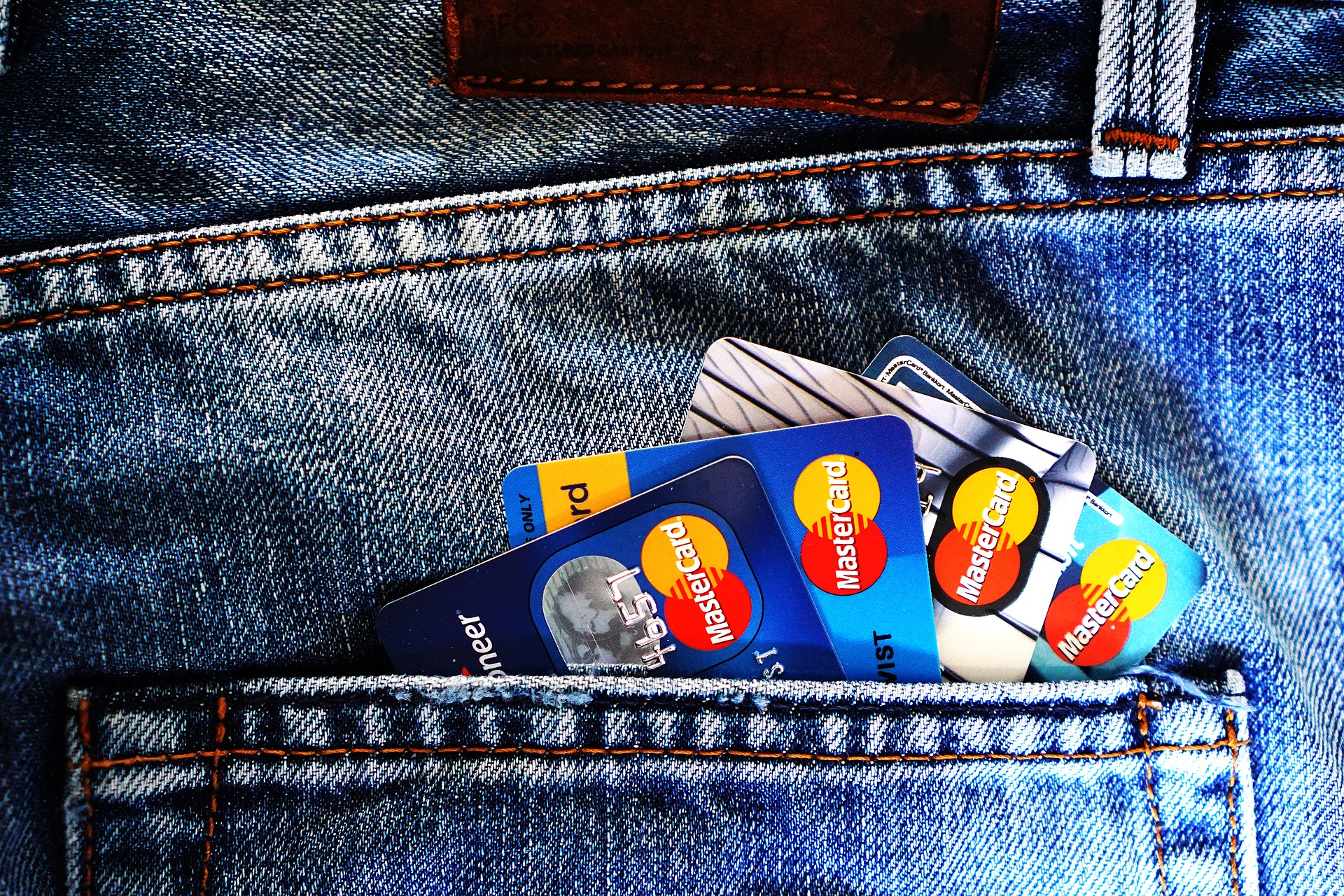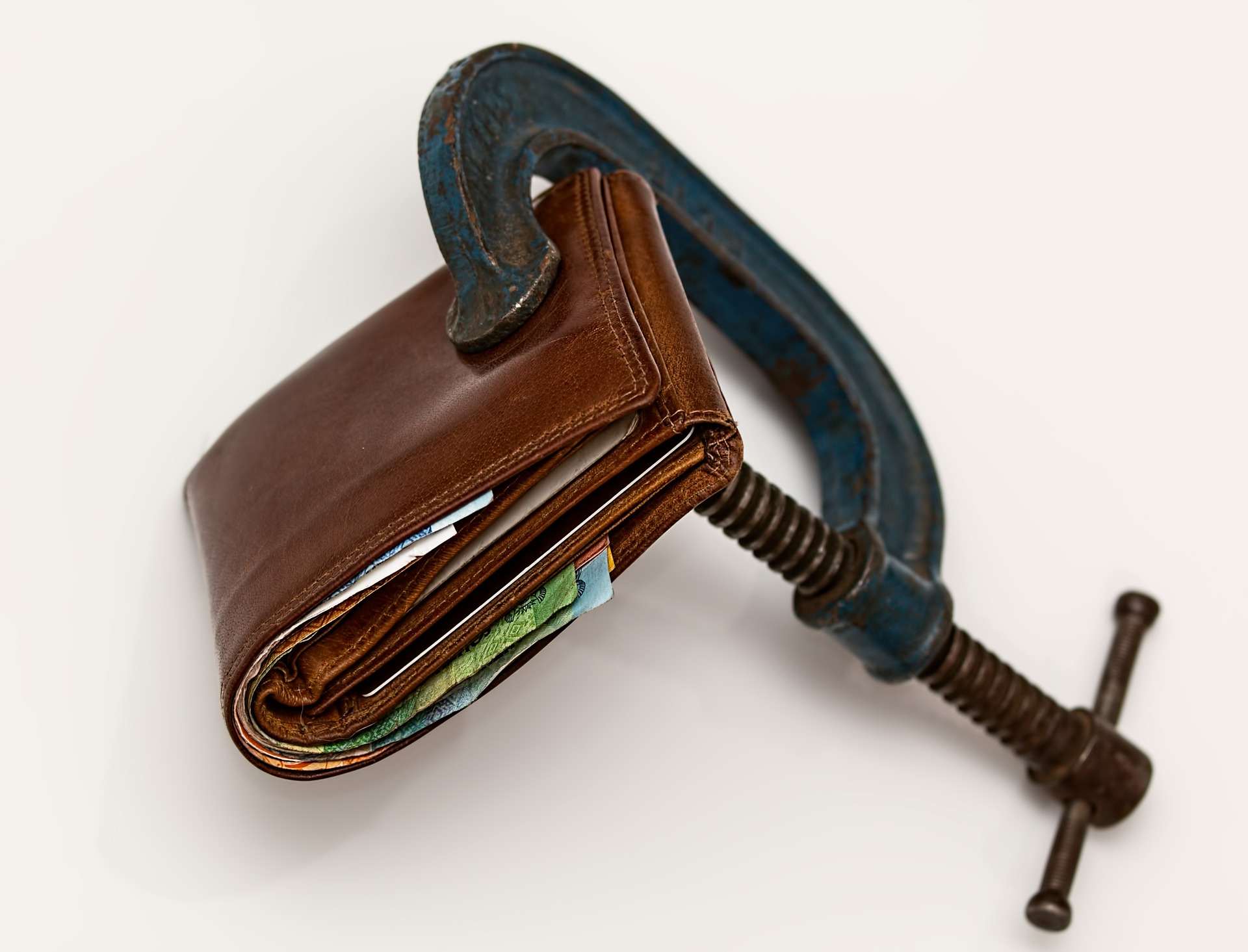Landlord Blog
Education and news for smart DIY landlords!
How to Improve Your Credit Score To Buy A House You Love

Before, banks determined your risk as a loaner through the three C’s system. It meant your capital, capacity, and character to pay back the loan. That was not a good or even a scientific way for banks to judge people and it only favored white middle-class loaners.
With the boom of technology, issuing a credit score was created. It’s a scientific system credit bureaus use to help lenders judge anyone fairly if they are risky or not to be given a loan. And this system works by computing the data based on a person’s earnings, savings, debt, and bills paid.
If your credit score is 650 and below, you will be considered as a high-risk borrower and this means lenders will either think twice or immediately reject your request for a mortgage application. To qualify for a loan and make banks eager to lend you money, you must have a credit score of 650 upwards.
So how can you improve your credit score to purchase your dream home or just a property for investment? Read on and find out.
1. Get the right credit card for you

When you’re in the bank applying for a credit card, they will usually offer the card type where they can get the most money out of you. And this puts you at a higher risk of incurring debt later on. The first sign of the wrong credit card for your life is an 0% interest offer for the first year of ownership and a significantly higher annual percentage rate (APR) on the next.
This might scare you from availing a credit card but don’t let it. In an economical sense, people or households owning cards have better financial incentives due to the perks and subsidies they earn from card companies and purchases made by non-card people.
Know the different credit card types your banks offer. Then pick the best based on your earning capacity and spending habits. Expert credit card owners will tell you to choose the credit card that offers a lifetime of low to 0% APR.
2. Be a transactor or a hacker, not a revolver
A revolver is a credit card user that is likely to always carry debt. Transactors pay their bills in full and on time. Hackers use credit card companies’ tricks against them. They own multiple cards to reap a lot of perks and rewards. The latter two are the ones who have very high credit scores.
3. Don’t be an impulse debtor

Aside from the fact that the recommended card plan banks offer scares you from getting one, it can also cause you to have tunnel vision. The result would make you credit a lot during the first year of your card ownership.
Avoid purchasing things you don’t really need using your card. It should only be used to pay bills, groceries, and other necessities. Banks offer perks in exchange for crediting a specific amount. These are tactics to make you rack up debt and turn you into a revolver.
Don’t be enticed by short-term perks. Go for long-term rewards. It’s much easier to avoid debt that way.
4. Automate all your payments and purchases
As much as possible, buy goods and pay bills using your credit cards. Then pay your debt in full when you can. The longer the payment history you have the higher your credit score will be.
5. Avoid the minimum payment scheme
When your credit bill comes, you usually want to pay the minimum payment because it makes you think it will help you save more. It’s actually the other way around. Maintaining minimum payments is another trick for banks to prolong your debt and make you pay more interest in the long term. As I said, pay your debt in full or pay more than the monthly minimum if you’re short.
6. Read your credit card contract thoroughly

Each credit card company has its own don’ts. Some put penalties if you transfer your debt to another card while others penalize you for late payments. These penalties are no joke. Not only are they hefty but they can also ruin your credit score. By reading your creditor’s rules, you’ll know what to avoid in order to prevent them from making more money off of you and keep your credit score high.
Owning credit cards is a huge advantage for homebuyers only if they know how to use them right. And the #1 tip is to know how credit card companies operate and exploit loopholes in their system. If you own a credit card with a plan that can cause you money problems, it’s best to close that account and transfer the debt to a better card. You may pay for penalty fees but at least you won’t suffer financially in the long run.
Financing is important in real estate and homeownership. Know how to gain better control of your money by reading these articles:
